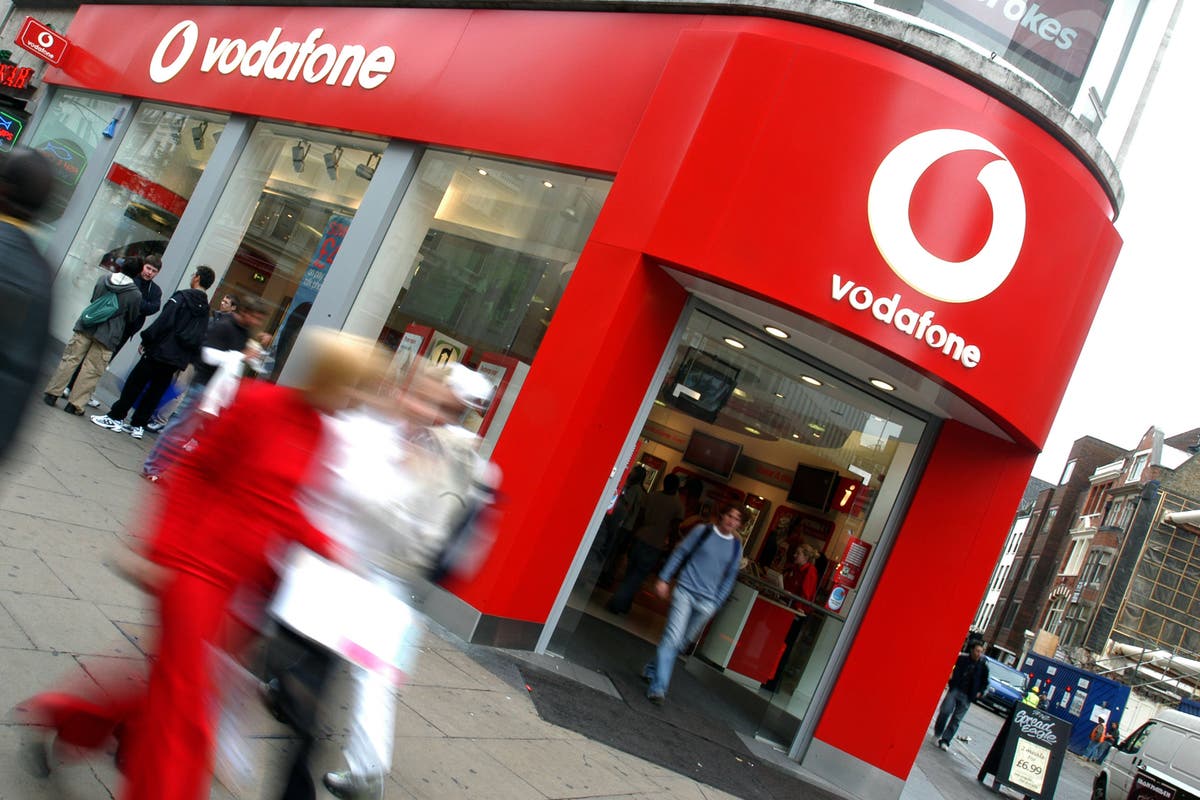A technical issue at EE appears to have left its customers unable to receive calls and texts.
The problems mean that Vodafone customers and those at other networks are unable to call phone numbers registered with EE. But they also mean that people cannot call those who have ported their phone numbers onto other networks from EE in the past – even if they are no longer with the network.
Vodafone had received particular complaints on Down Detector and other tracking websites, and EE suggested the problems were particularly with calls from that network. But Vodafone said that its network was not having issues, and that the problem had occurred within EE’s infrastructure.
“We can confirm there was no issue with the Vodafone network today; however some of our customers have been impacted by an issue with the EE network – which we understand should be fixed asap,” Vodafone said. “This meant some customers were unable to connect calls to EE numbers, and the issue also affected customers who’ve previously transferred their number from EE to Vodafone.”
EE said that the issue related specifically to Vodafone numbers. It indicated that calls from other networks were expected to work.
“We’re aware that some of our mobile customers are unable to make or receive calls from a Vodafone number,” EE said in a statement. “We’re working quickly to resolve this and we’re very sorry for any inconvenience caused. Calls to other networks, mobile data and text messages are not affected.”
It was unclear the degree to which the problem was affecting Vodafone users solely. Some customers on Virgin Mobile, O2 and Three indicated they had experienced problems with making calls.
Phones did not have to still be with EE to have trouble receiving calls, because of the way that ported numbers work on UK phone infrastructure. Even when a phone number is moved onto a different network, it keeps the prefix at the start that identifies it as being part of the old one – and as a result any calls made to that number are briefly routed through the old network’s infrastructure, meaning that customers can be hit by problems at providers they have long moved on from.
The issues began early on Monday afternoon in the UK, when customers said they were experiencing an array of unusual problems. Some Vodafone customers said they could call other people on the same network – but not speak to people on other providers, for instance.
Across different networks, data and internet connections appeared to be working as normal, however.
On Twitter, Vodafone initially responded to affected users by apologising and asking for more information. It encouraged affected users to check its online service checker – which indicated there were problems in some areas.
Some later tweets sent by Vodafone suggested the issue could be caused by an “EE network issue that is affecting calls and text messages”. But Vodafone users also reported that they had struggled to call other networks, such as Three.
On tracking website Down Detector, the problems were spread across the UK, with some areas such as London, Manchester and Edinburgh particularly affected, according to the same website. But that may simply be a result of where customers tend to be based.
Vodafone has 18 million customers in the UK across its mobile and fixed-line offerings. It is the third biggest mobile operator in the UK, after O2 and EE.
It is currently in the process of merging with fellow relatively small UK mobile network, Three. The companies have said that “greater coverage and reliability” will be one of the benefits of the deal, which is expected to happen in 2024 if it goes ahead.
When that deal was announced, analysts noted that both of the companies are “lagging in terms of internet performance between broadband and mobile services”.
The latest issues come after Vodafone experienced a significant outage in April, which left its home broadband customers without connections. It said that outage hit only one per cent of its customers.

